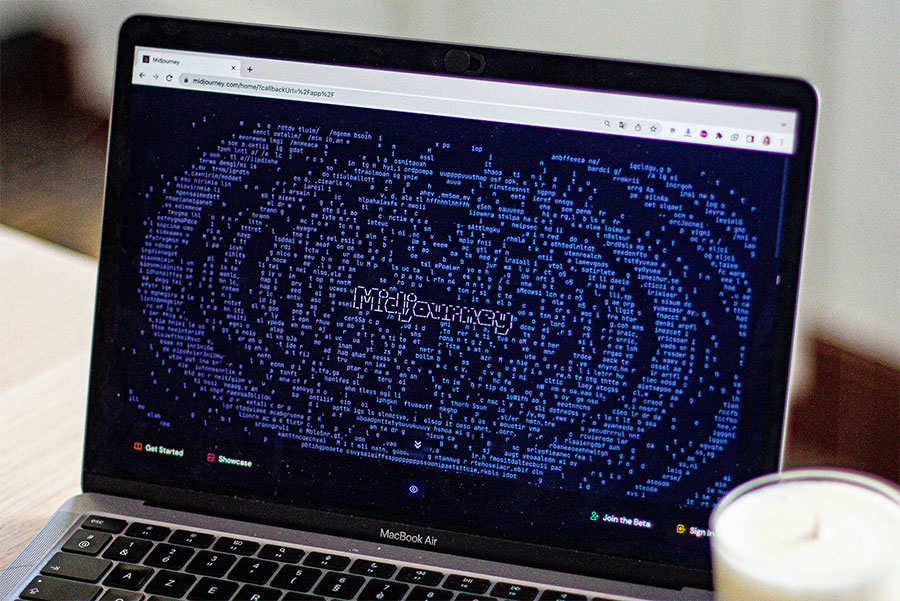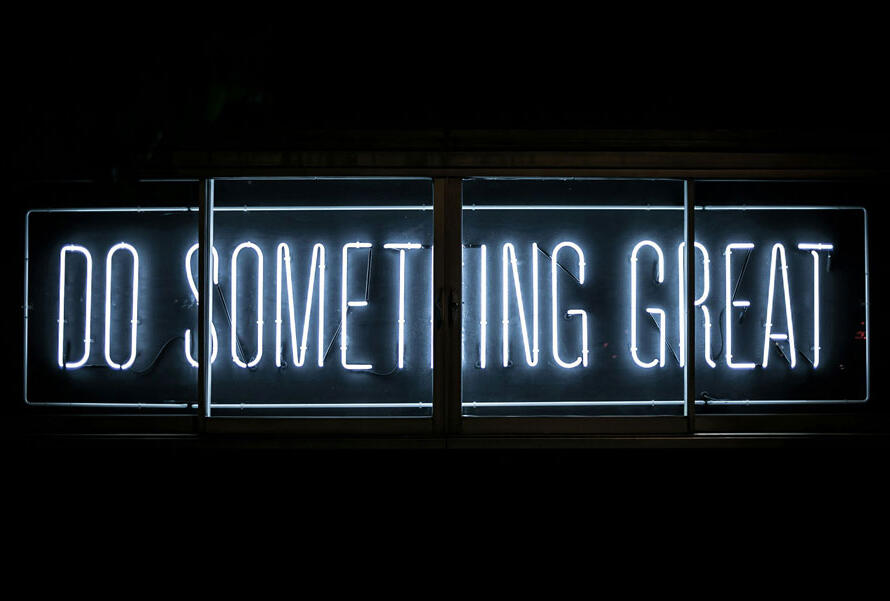In today’s fast-paced and visually driven market, the importance of a strong, visually appealing brand cannot be overstated. Branding shapes how customers perceive a company and influences their purchasing decisions. With the advent of artificial intelligence, particularly AI image generators, the landscape of branding is set to undergo a significant transformation. These powerful tools are redefining creativity, efficiency, and personalization in branding strategies, making it possible for businesses of all sizes to enhance their market presence dramatically.
The Dawn of AI in Branding
Artificial intelligence has progressively infiltrated various sectors, and its integration into the graphic design and branding industry is proving to be particularly impactful. AI image generators use sophisticated algorithms to create visuals based on textual descriptions or data-driven inputs. This technology can produce high-quality images that range from realistic photographs to abstract compositions, all tailored to specific branding needs.
Enhancing Creativity and Consistency
One of the primary benefits of AI image generators is their ability to boost creativity while maintaining brand consistency. Brands can experiment with different styles and motifs without straying from their core identity, ensuring that all visual content aligns with their established aesthetic. This technology allows for rapid prototyping and iteration, which is crucial in the modern branding strategy where adaptability can significantly influence success.
Cost-Effectiveness and Accessibility
Traditionally, creating unique and high-quality images required substantial investment in professional designers and resources. AI image generators disrupt this model by providing a cost-effective solution. Small businesses and startups, often limited by budget constraints, can now produce marketing materials that compete with larger corporations. This democratization of design tools levels the playing field, allowing smaller brands to make a significant impact.
Speed and Scalability
In the digital age, the ability to quickly produce and deploy visual content is critical. AI image generators excel in delivering speed and scalability, enabling brands to respond swiftly to market changes or trends. Whether it’s for social media campaigns, website updates, or promotional materials, AI tools provide the agility needed to keep content fresh and engaging.
Personalization at Scale
Personalization is a key trend in marketing, with consumers increasingly expecting brands to tailor experiences and communications to their preferences. AI image generators can create customized images that appeal to individual tastes and behaviors, enhancing customer engagement and loyalty. For instance, an e-commerce site can use AI to generate personalized product recommendations with custom images that resonate with each visitor.
Improving Customer Interactions
AI image generators are not just about creating static images; they can also be integrated into interactive customer experiences. For example, brands can use AI to develop dynamic ads that change based on user interaction or environmental factors like weather or time of day. This level of interaction not only captivates attention but also enhances the effectiveness of marketing efforts.
Challenges and Ethical Considerations
Despite the numerous benefits, the use of AI in branding comes with challenges and ethical considerations. The authenticity of AI-generated images can sometimes blur the line between reality and fabrication, raising questions about consumer trust and brand integrity. Additionally, as AI tools become more widespread, brands will need to maintain a balance between automation and human creativity to ensure that their identity remains unique and genuine.
Future Prospects and Integration
Looking forward, the potential for AI in branding extends beyond image generation. Integration with other AI technologies like natural language processing and predictive analytics could lead to even more sophisticated branding tools. These advancements could automate not only the creation of visual content but also the strategic decisions behind those creations, based on real-time data analysis and consumer behavior predictions.
Case Studies and Success Stories
Several forward-thinking brands have already begun to leverage AI image generators with notable success. For example, a fashion retailer might use AI to create customized ad images that match the past buying behaviors of their customers, resulting in higher engagement rates and increased sales. Similarly, a car manufacturer could use AI to produce virtual models of vehicles in different colors and settings, allowing potential buyers to visualize custom options.
Conclusion
AI image generators are more than just a technological novelty; they are a transformative tool for branding. By enabling faster production, greater personalization, and enhanced creative possibilities, AI is setting a new standard for how brands interact with their audiences. As this technology continues to evolve, it will undoubtedly shape the future of branding, making it more dynamic, inclusive, and aligned with the digital age’s demands. For brands looking to stay ahead in a competitive market, embracing AI-driven image generation is not just an option—it’s a necessity.









